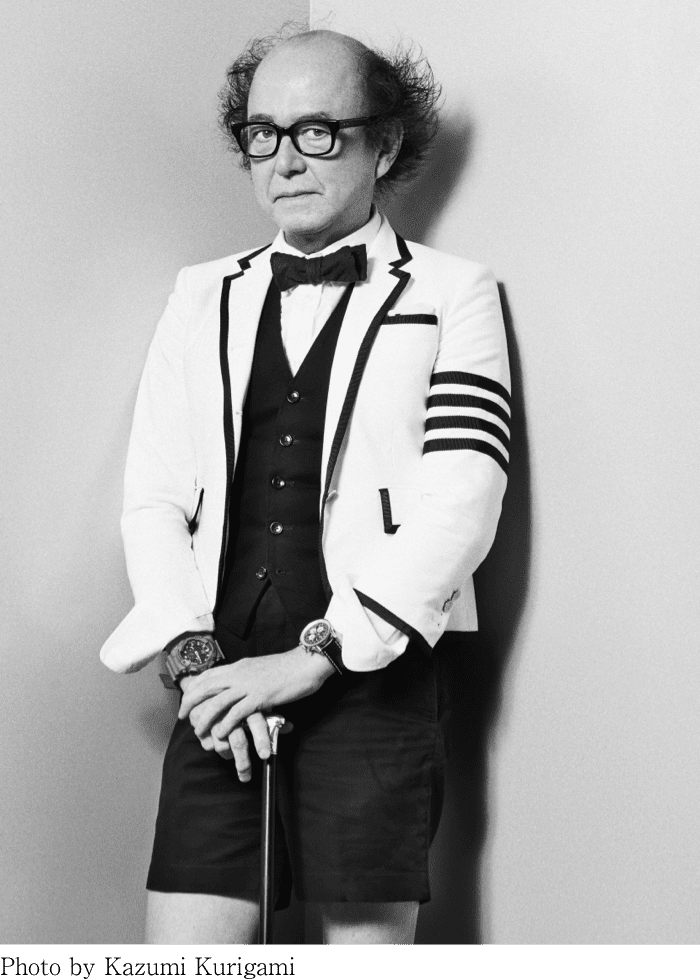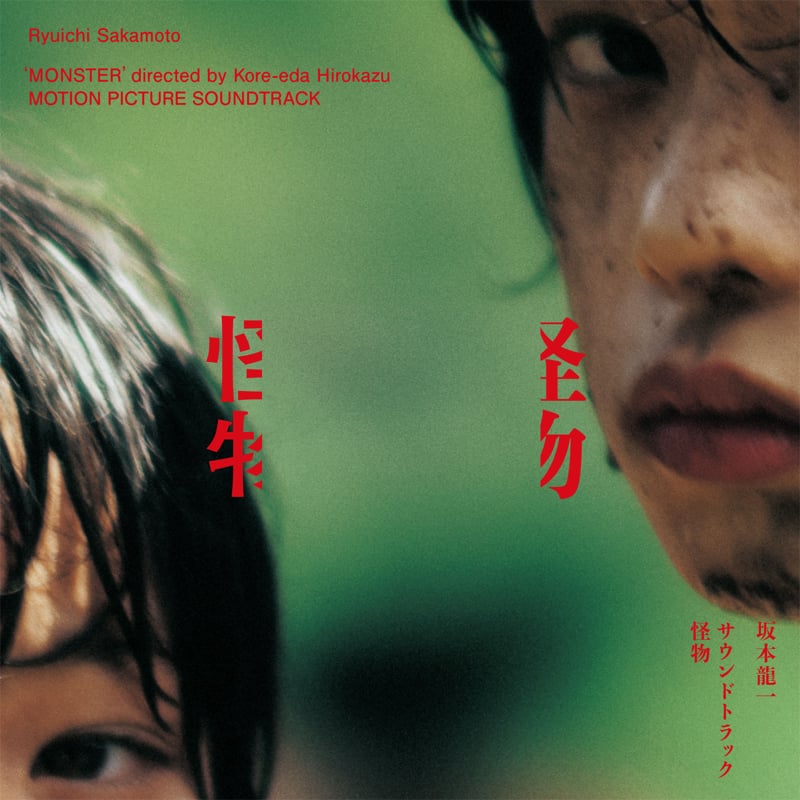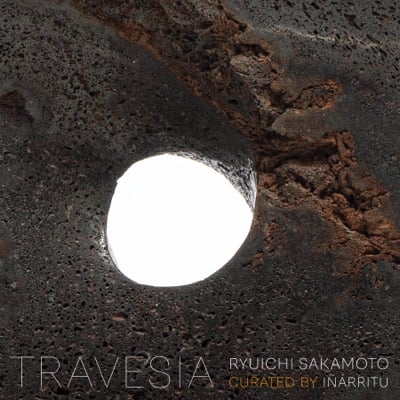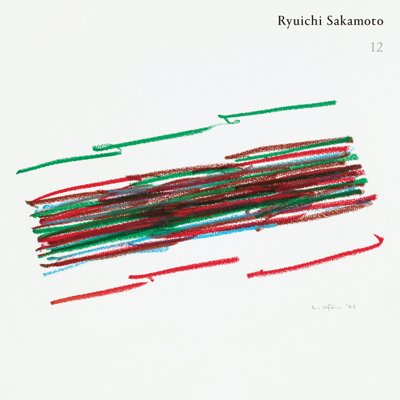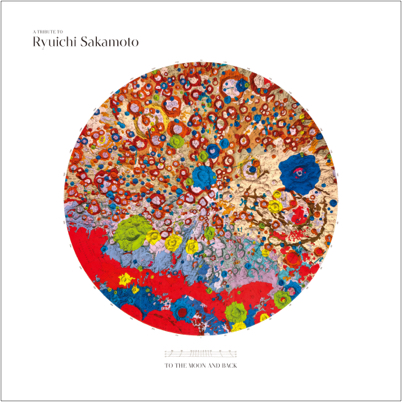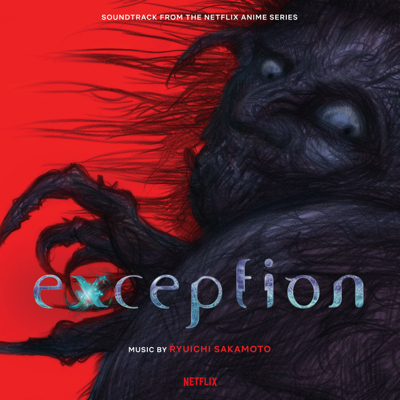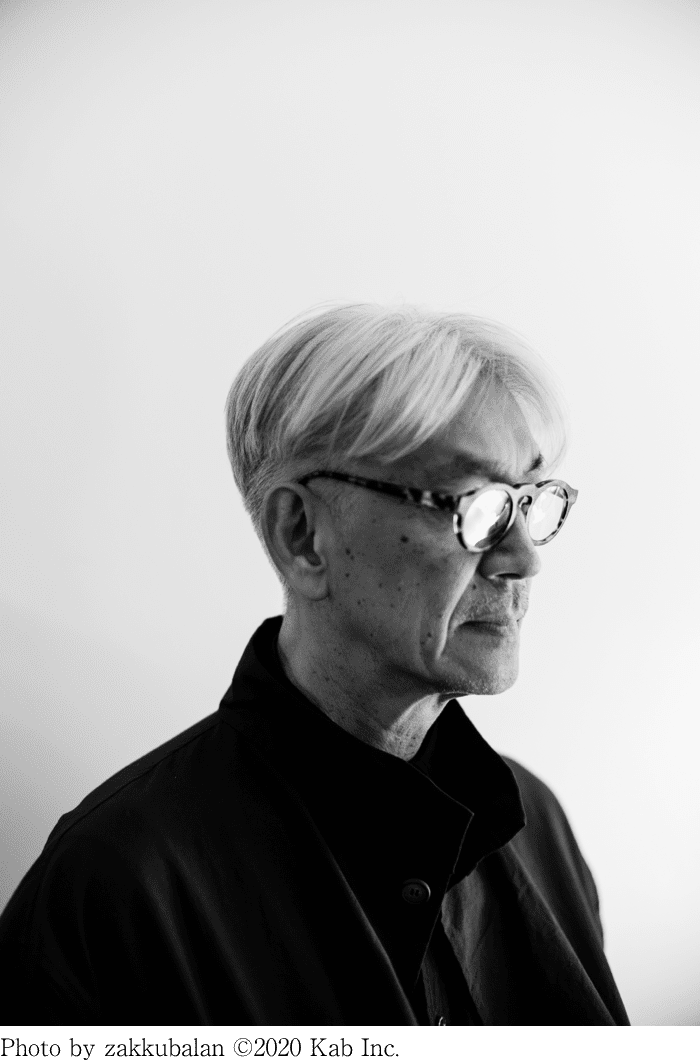10 Favorites – Ryuichi Sakamoto
私が好きな坂本龍一10選
MENU
NEWS
-
10 Favorites - Ryuichi Sakamoto | あなたの選ぶ坂本龍一ベスト曲、1位から30位までを公開!
-
第25回 BTS: SUGAさん 公開しました。
-
第24回 是枝裕和さん 公開しました。
-
第23回 大貫妙子さん 公開しました。
-
第22回 真鍋大度さん 公開しました。
-
第21回 中谷美紀さん 公開しました。
-
第20回 藤原帰一さん 公開しました。
-
第19回 渡辺信一郎さん 公開しました。
-
第18回 若林恵さん 公開しました。
-
第17回 藤原ヒロシさん 公開しました。
-
第16回 池田亮司さん 公開しました。
-
第15回 李 相日さん 公開しました。
-
第14回 U-zhaanさん 公開しました。
-
第13回 福岡伸一さん 公開しました。
-
第12回 UAさん 公開しました。
-
第11回 LEOさん 公開しました。
-
第10回 村上龍さん 公開しました。
-
第9回 中里唯馬さん 公開しました。
-
第8回 細野晴臣さん 公開しました。
-
第7回 水原希子さん 公開しました。
-
第6回 浅田彰さん 公開しました。
-
第5回 高橋幸宏さん 公開しました。
-
第4回 高谷史郎さん 公開しました。
-
第3回 吉本ばななさん 公開しました。
-
第2回 稲垣吾郎さん 公開しました。
-
最新作「Ieta」(読み:いえた)、本日デジタルリリース!
-
坂本龍一の全年代に渡る『音楽』に焦点をあてたアニバーサリー・サイトを立ち上げました。
私が好きな坂本龍一10選
2022年1月に生誕70年を迎える音楽家、坂本龍一。
数多くの作品は、世代を超えて大きな影響を与えている。
坂本龍一の音楽を愛する人々が選曲する「〜私が好きな坂本龍一10選〜」。
独自の視点から選ばれた作品群。
それは新発見となり、新たな坂本龍一の音楽の旅へ誘う。
(全25回)

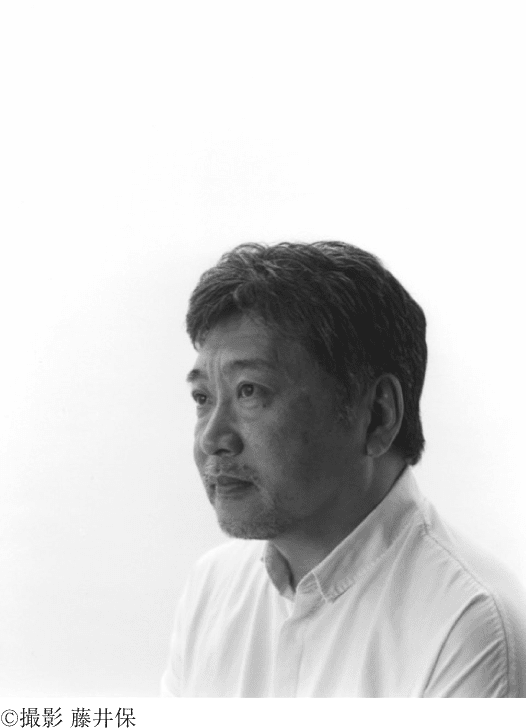
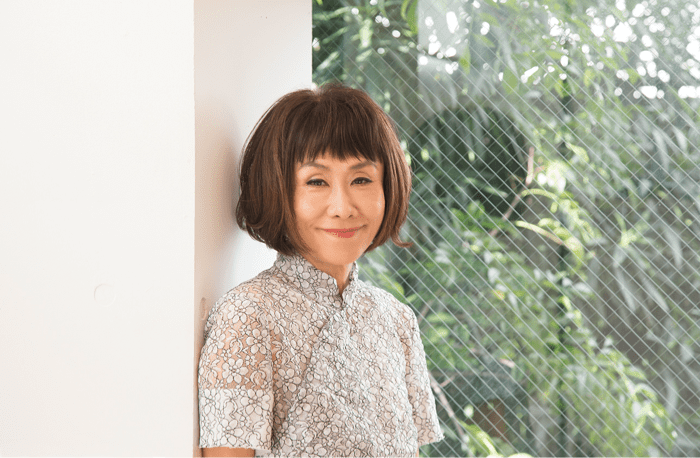
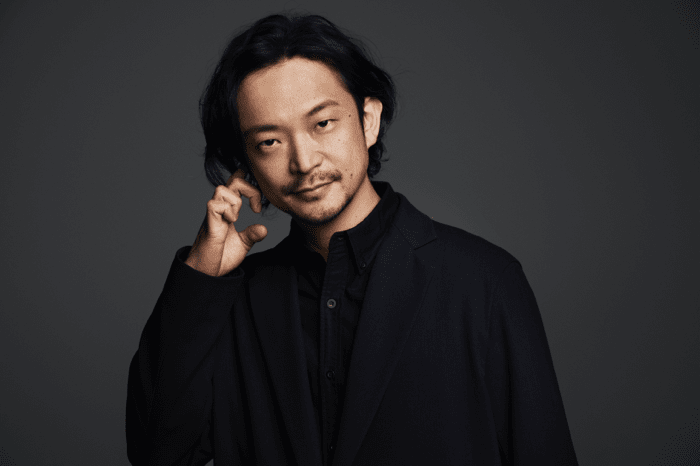

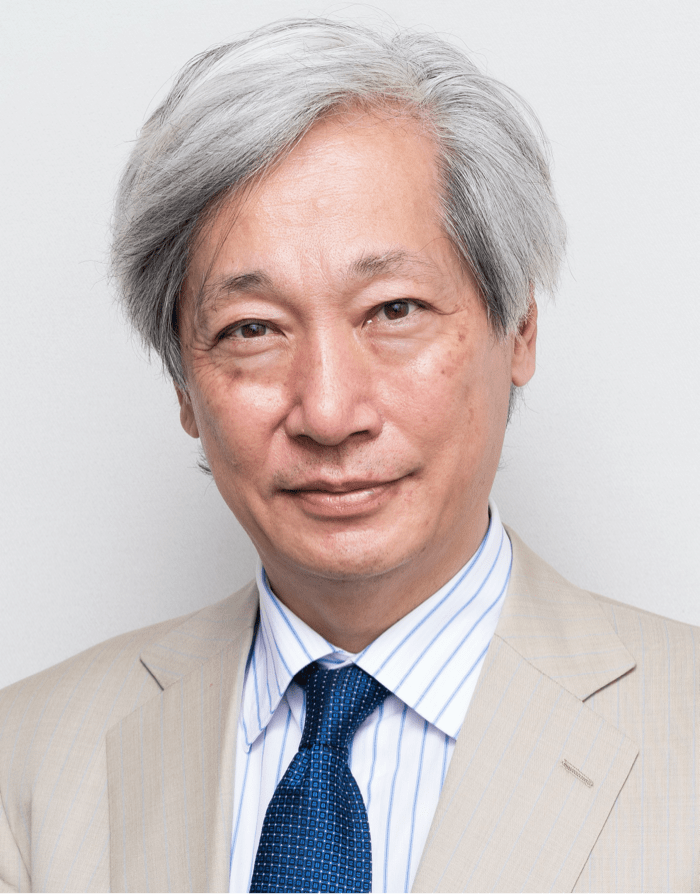
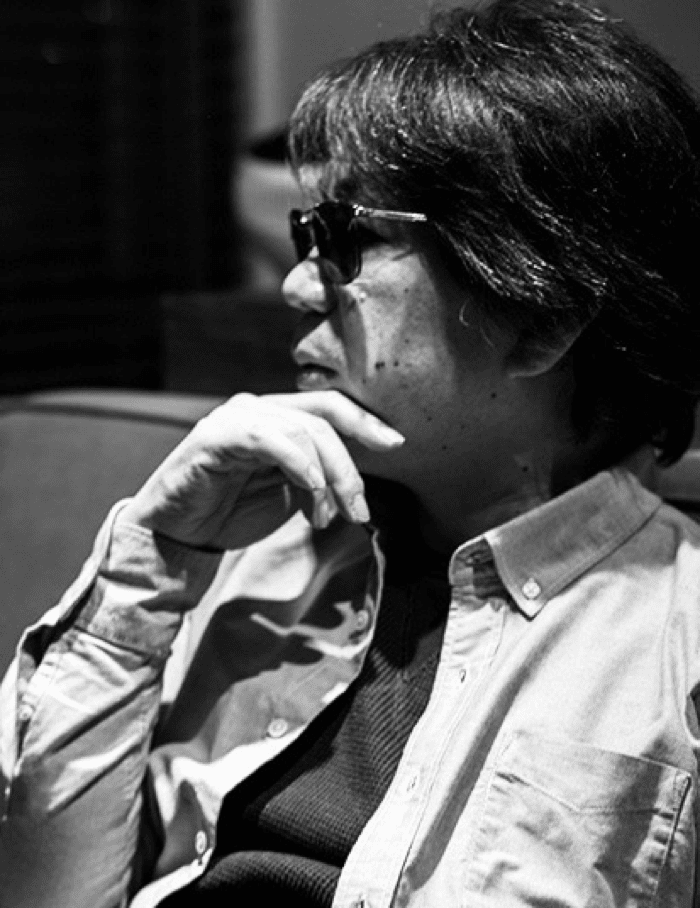
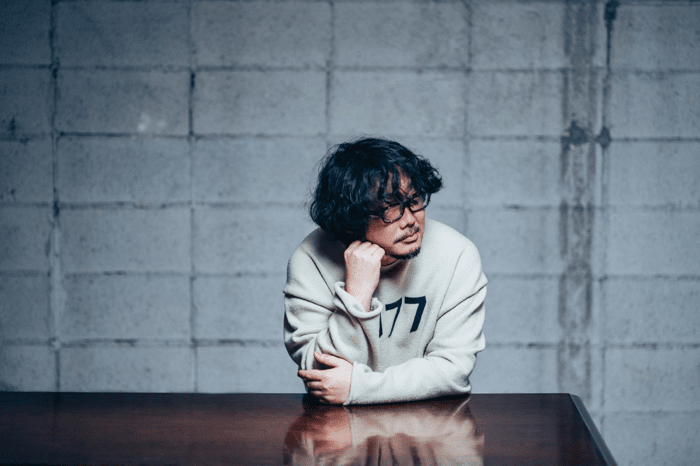
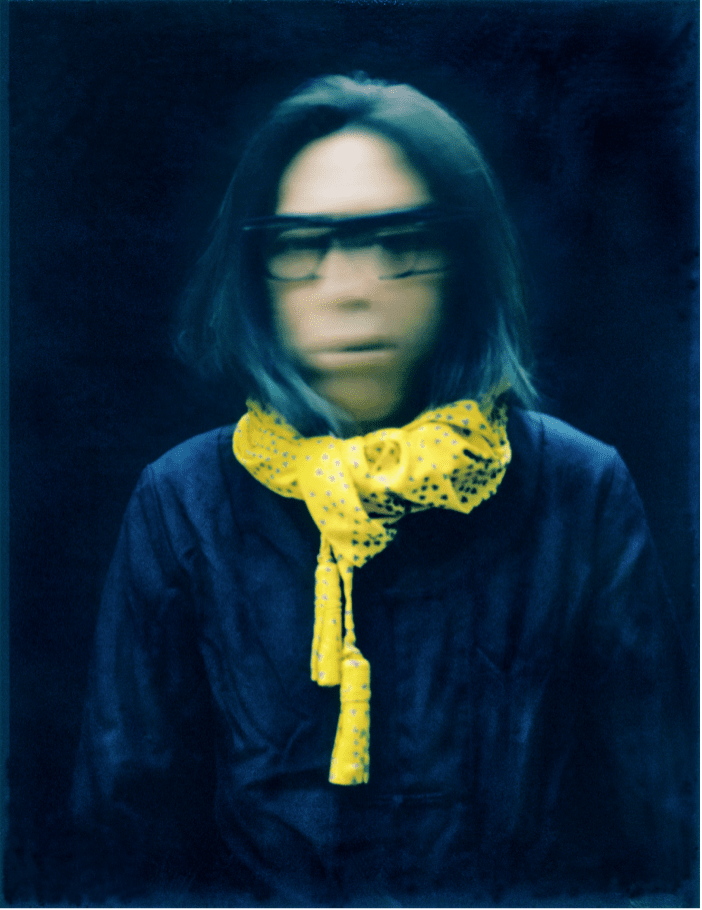


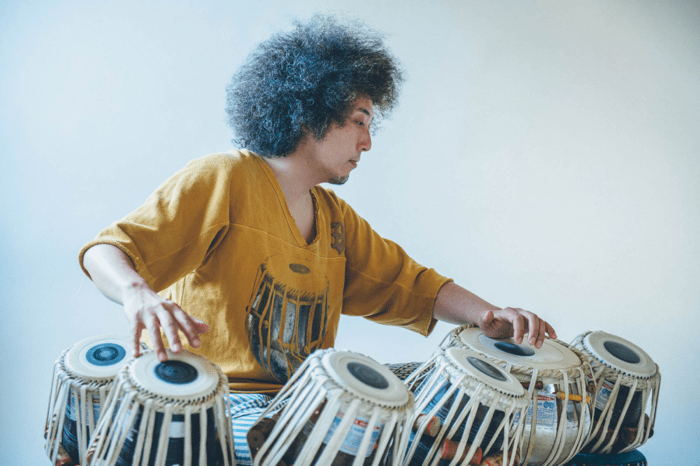
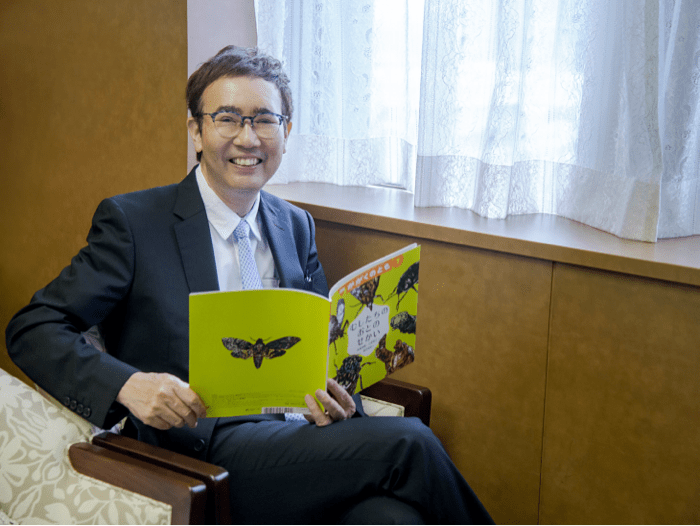

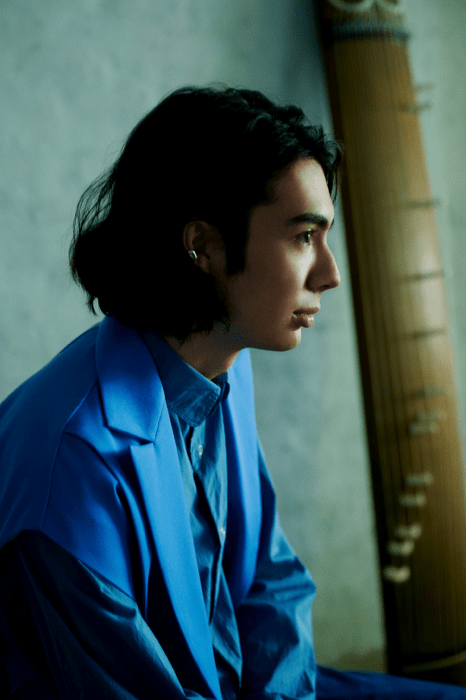
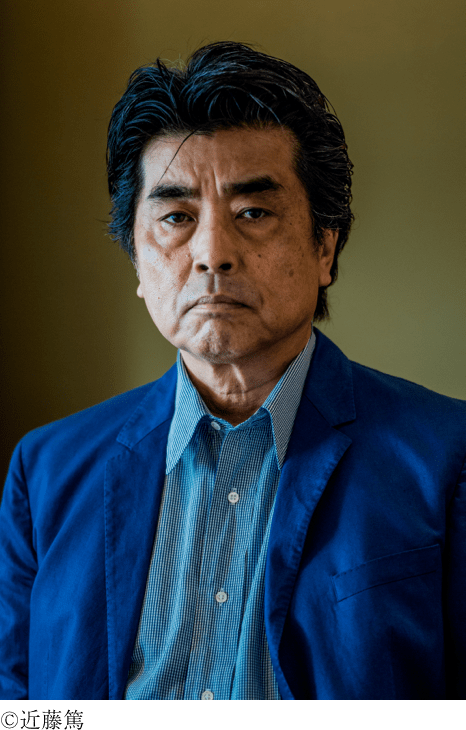
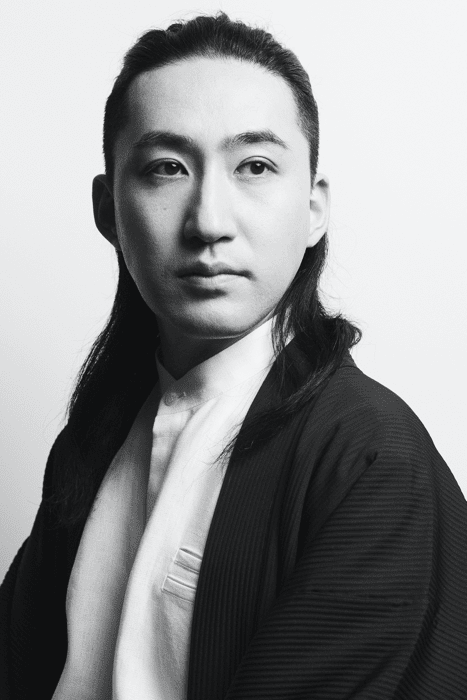
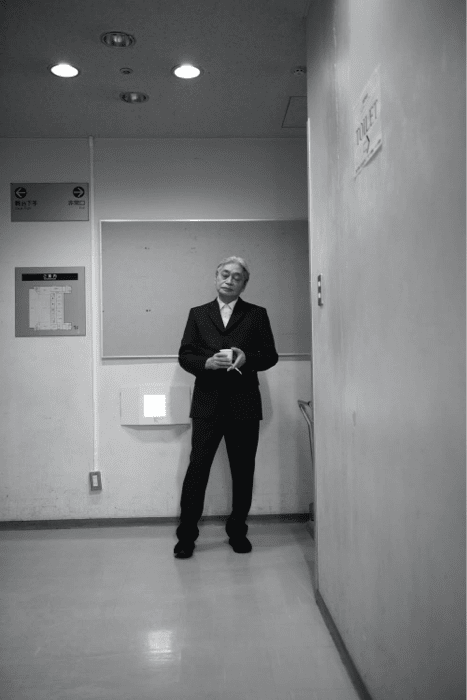

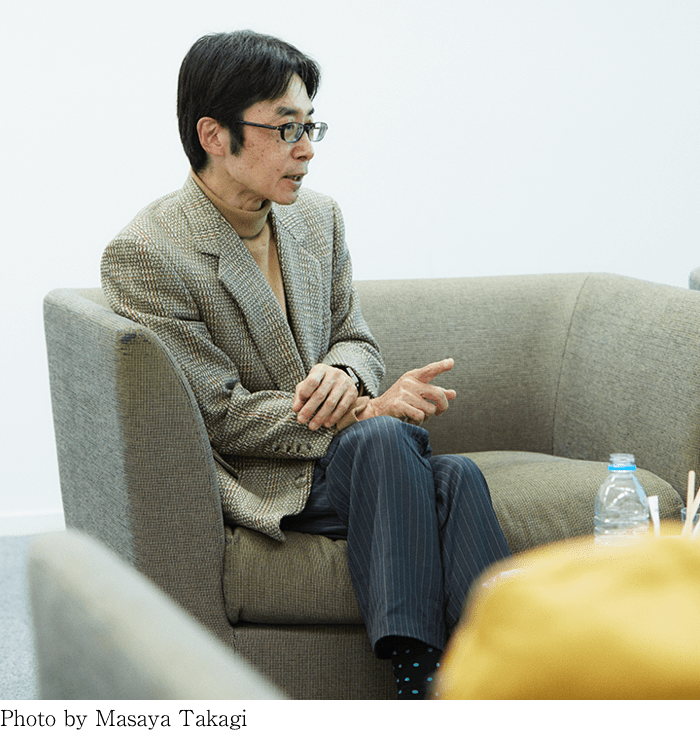
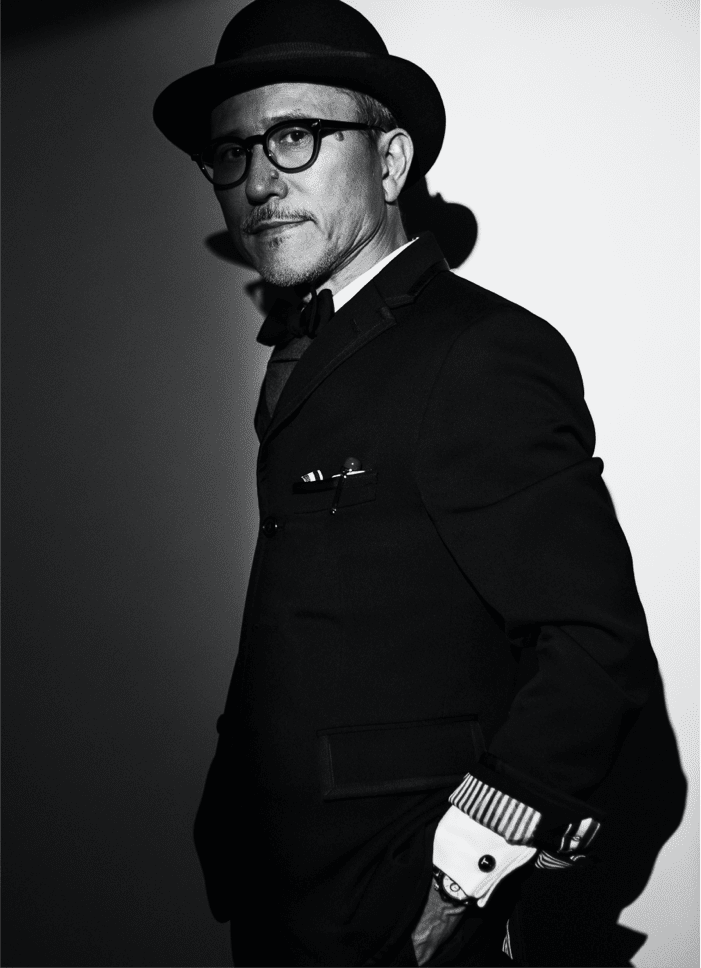
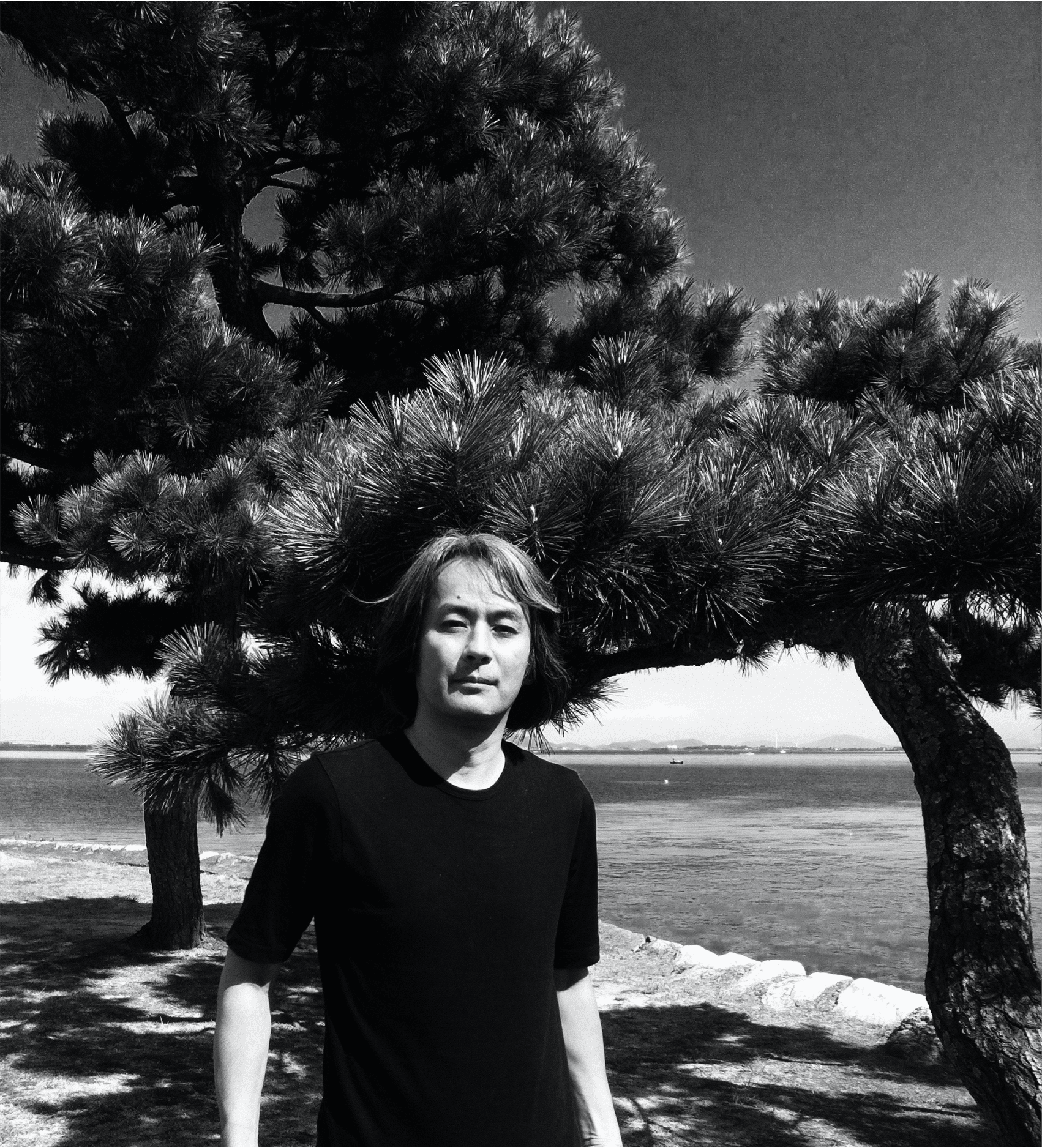
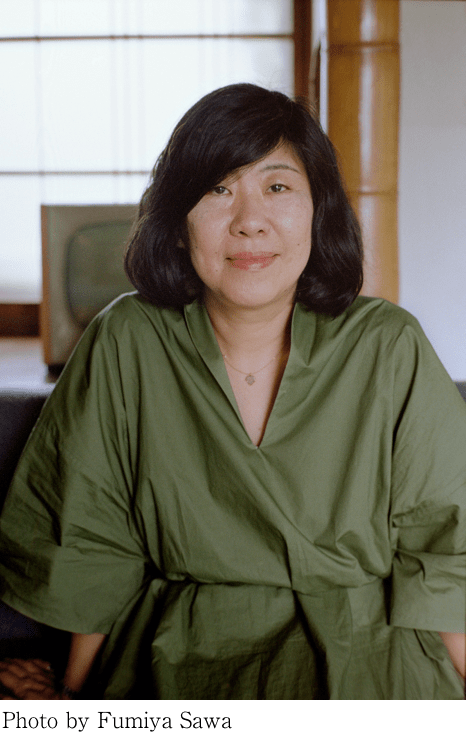
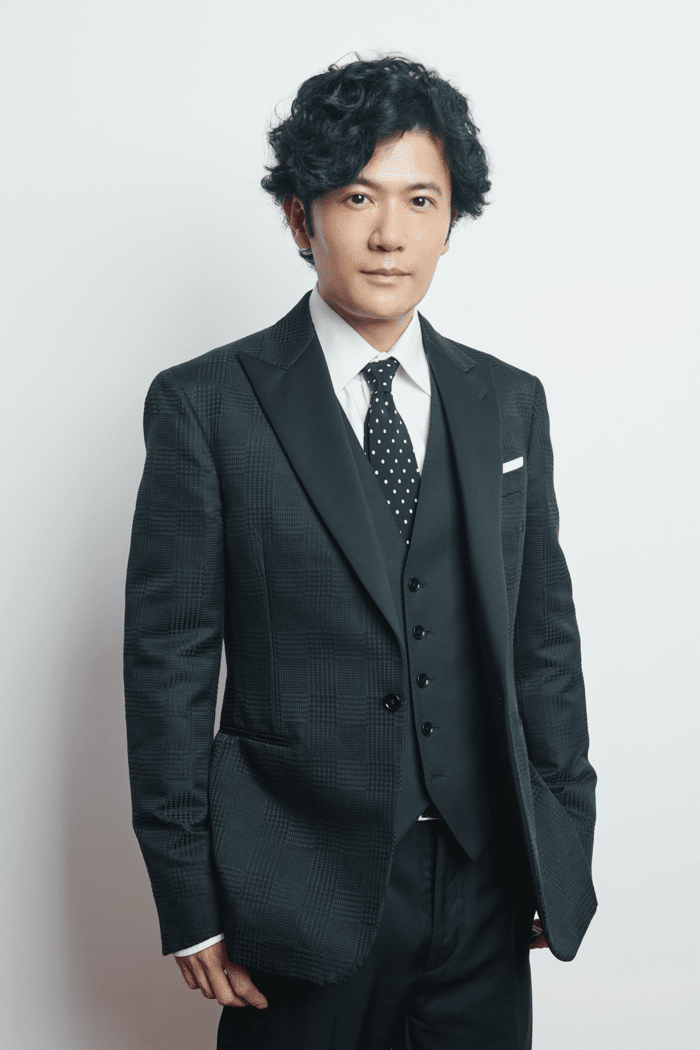
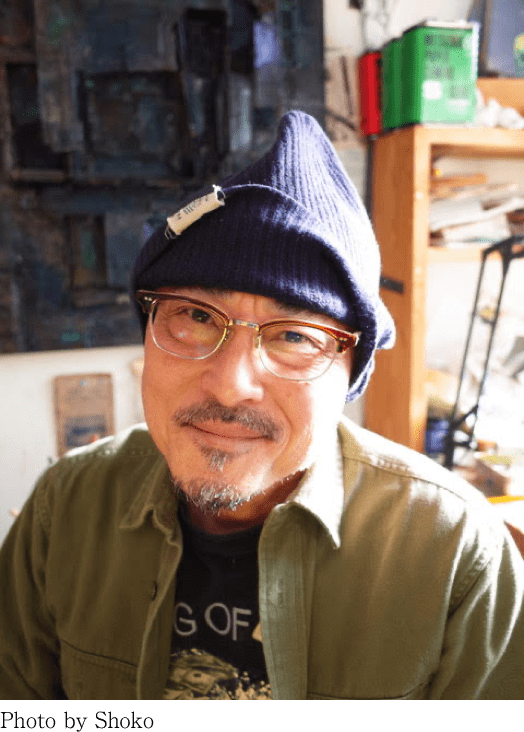
私が選ぶ坂本龍一ベスト曲
あなたの選ぶ「坂本龍一ベスト曲」をTwitterでシェアしましょう。
あなたの選ぶ「坂本龍一ベスト曲」を投稿してくださり、ありがとうございました。
みなさまからの投稿を集計し、1位から30位までを公開いたします。
- Thousand Knives (千のナイフ)
- Merry Christmas Mr. Lawrence (Merry Christmas Mr. Lawrence)
- Ballet Mécanique (未来派野郎)
- Riot in Lagos (B-2 UNIT)
- Tong Poo (YELLOW MAGIC ORCHESTRA)
- Perspective (SERVICE)
- Self Portrait (音楽図鑑)
- 美貌の青空 (SMOOCHY)
- 黄土高原 (未来派野郎)
- Rain (THE LAST EMPEROR)
- Tibetan Dance (音楽図鑑)
- Thatness and Thereness (B-2 UNIT)
- The Last Emperor (THE LAST EMPEROR)
- Happy End (Front Line)
- undercooled (CHASM)
- Aqua (BTTB)
- Parolibre (未来派野郎)
- Behind the Mask (SOLID STATE SURVIVOR)
- andata (async)
- The Sheltering Sky (The Sheltering Sky)
- ONGAKU (浮気なぼくら)
- 1919 (1996)
- hibari (out of noise)
- energy flow (ウラBTTB)
- A Flower is not a Flower (The Very Best of gut Years 1994-1997)
- The End of Asia (千のナイフ)
- Paradise Lost (音楽図鑑)
- Front Line (Front Line)
- Amore (BEAUTY)
- Castalia (SOLID STATE SURVIVOR)
NEW RELEASE
DISCOGRAPHY

